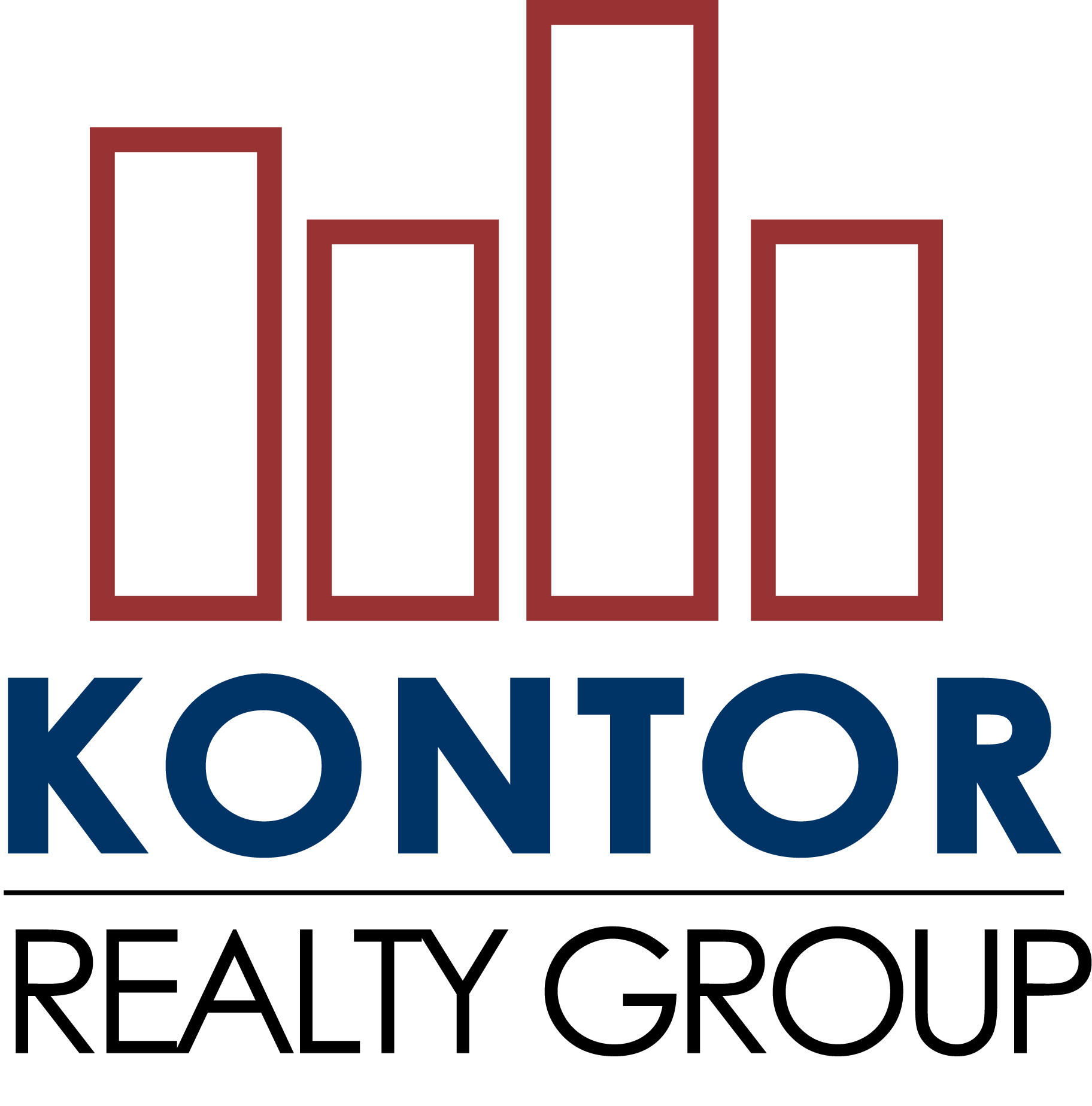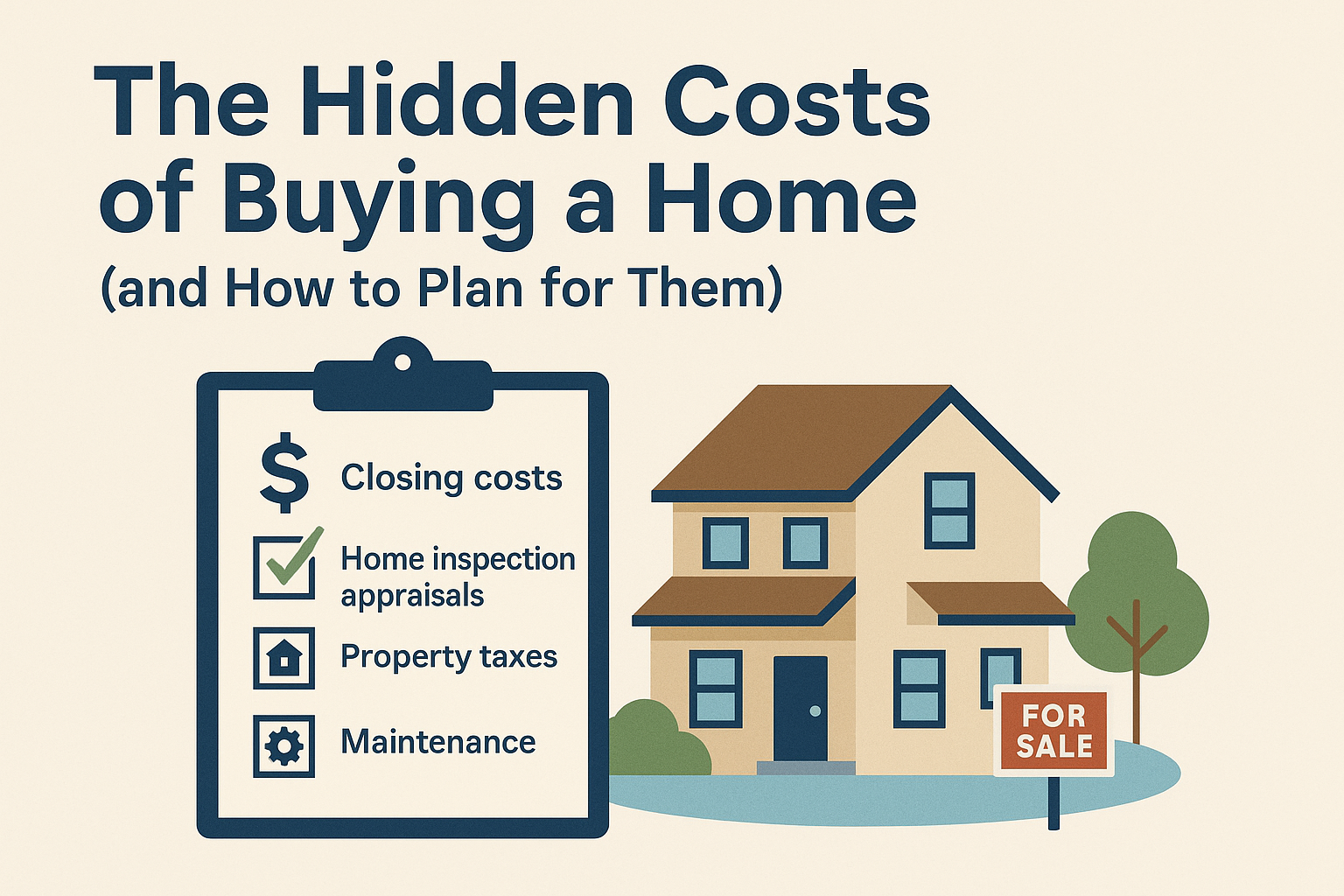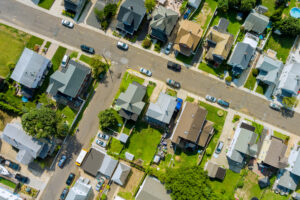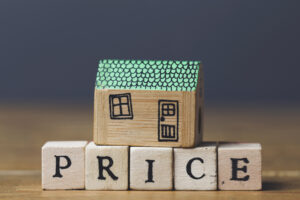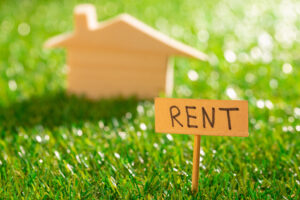Buying a home is one of the most exciting milestones in life. Whether it’s your first purchase or you’re upgrading to a bigger space, the focus often falls on the purchase price and mortgage payments. But what many buyers don’t realize is that the true cost of homeownership goes far beyond the sticker price. Hidden expenses can add up quickly, and if you don’t prepare for them, they can cause stress and financial strain. To help you plan ahead, let’s break down the most common hidden costs of buying a home and what you can do to manage them wisely.
Closing Costs
One of the first major expenses buyers encounter is closing costs. These typically range from two to five percent of the loan amount and cover a variety of fees such as loan origination, title insurance, appraisal costs, attorney fees, escrow charges, and recording fees. Many buyers focus so much on their down payment that they forget to save for this step. The best way to prepare is by asking your lender for a detailed closing disclosure early in the process. Having a cushion of a few thousand dollars ensures you’ll be ready when it’s time to sign the paperwork.
Home Inspections and Appraisals
Another expense comes with home inspections and appraisals. Lenders often require appraisals to confirm the property’s value, and most buyers choose to invest in a professional inspection to identify potential problems. Appraisals usually cost several hundred dollars, and inspections can range even higher depending on the property. Even if an inspection is not required, it’s always worth it. Discovering hidden issues such as water damage or structural concerns before you buy can save you from spending thousands more down the line.
Property Taxes
Once you own your home, property taxes become an ongoing cost you can’t ignore. These taxes vary widely by location, but they often add up to several thousand dollars each year. In many cases, lenders include them in your monthly mortgage payment through an escrow account, which means your monthly housing costs may be higher than expected. Doing research on the property tax rate in your area before making an offer is essential. That way, you can factor these expenses into your budget instead of being surprised later.
Homeowner’s Insurance
Homeowner’s insurance is another unavoidable cost, as lenders require it to protect the property against risks like fire, theft, and natural disasters. The amount you’ll pay depends on the home’s location, its age, and the coverage limits you select. Some areas with higher risks, such as flood or earthquake zones, may require additional policies. Shopping around for quotes and bundling insurance policies together can help save money, but it’s also important to understand what your policy covers—and what it does not—so you’re not left unprotected.
Private Mortgage Insurance (PMI)
If your down payment is less than twenty percent of the purchase price, you’ll likely need private mortgage insurance, or PMI. This expense is designed to protect the lender in case you default on the loan, but it comes directly out of your pocket. PMI can add hundreds of dollars to your monthly payment and may continue for years until you’ve built up enough equity. Planning ahead by saving for a larger down payment is one of the best ways to avoid this cost, though some buyers also explore special loan programs that eliminate PMI requirements.
Repairs and Maintenance
Beyond the costs tied to your mortgage, homeowners must also budget for repairs and maintenance. Even brand-new homes require upkeep, and older homes may come with expensive surprises like replacing a roof or upgrading plumbing systems. Financial experts recommend setting aside about one percent of your home’s value each year for these kinds of expenses. Establishing a dedicated emergency fund specifically for repairs gives you peace of mind and helps you avoid relying on credit cards when something breaks unexpectedly.
Utilities and HOA Fees
Monthly expenses can also rise when you move into a new property. Larger homes usually mean higher utility bills, and if the property is part of a homeowners’ association, you’ll need to pay HOA fees as well. These fees often cover landscaping, community amenities, and upkeep of shared spaces, but they can significantly increase your monthly housing costs. Asking about typical utility bills and HOA dues in advance allows you to create a realistic monthly budget before you commit to a purchase.
Moving Expenses and Furnishings
Finally, many buyers overlook the costs of moving itself. Hiring professional movers, renting trucks, or simply buying packing materials can quickly add up. Once you’re settled, you may also find that you need new furniture, appliances, or décor to make the space feel like home. These expenses may not be as obvious as closing costs or insurance, but they still affect your bottom line. Setting aside funds for at least a few moving-related expenses will make the transition smoother.
While these hidden costs may seem overwhelming at first, the good news is that they’re predictable if you know what to expect. By planning ahead and budgeting wisely, you can avoid financial surprises and fully enjoy the excitement of homeownership. Buying a home isn’t just about covering the mortgage, it’s about being prepared for the responsibilities that come with it. The more proactive you are in accounting for these hidden costs, the smoother your journey to homeownership will be.
